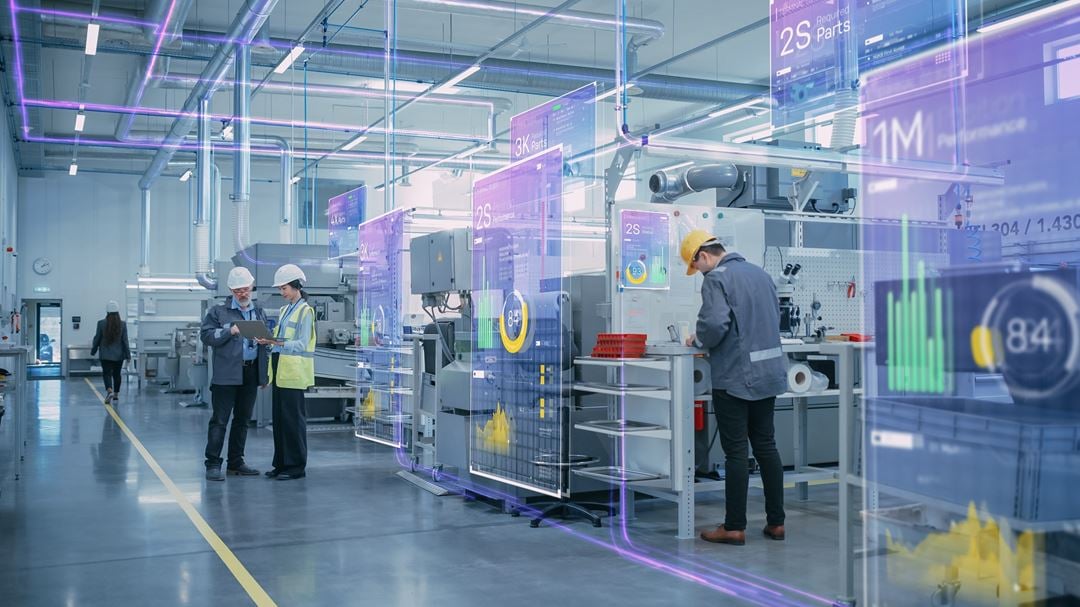By measuring the effect of small changes in operating conditions, known as perturbations, it is possible to discover if similar larger changes will contribute to a more efficient process. If done systematically, perturbations enable us to find the best operating settings. This form of optimization has been tested on a wide variety of industrial equipment such as ovens, grinding mills, wind turbines, solar arrays, generators, energy converters, and drilling rigs.
Up until now, perturbations are applied continuously to be able to track any changes in optimal settings due to environmental changes. Examples of environmental changes are changes in weather conditions and variations in the composition of raw materials. Continuous perturbations have several disadvantages. Even small changes in operating settings may correspond to actions such as heating or cooling of large areas, or movement of heavy machine parts. These actions may bring about a large direct cost or a significant contribution to wear of machinery. Moreover, swings in sensor readings that result from perturbations make it difficult to detect safety-critical faults.
In this project, we address these disadvantages by developing algorithms that only turn on perturbations when needed. These algorithms weigh the cost of perturbing against the predicted gain in efficiency. In addition, contemporary algorithms do not handle known process changes well. Large efficiency losses can arise due to slow reactions to changes like scheduled machine adjustments and switches in setpoint values. We aim to give advance warnings to the optimization algorithms such that they can better prepare for known process changes and reduce performance losses.


